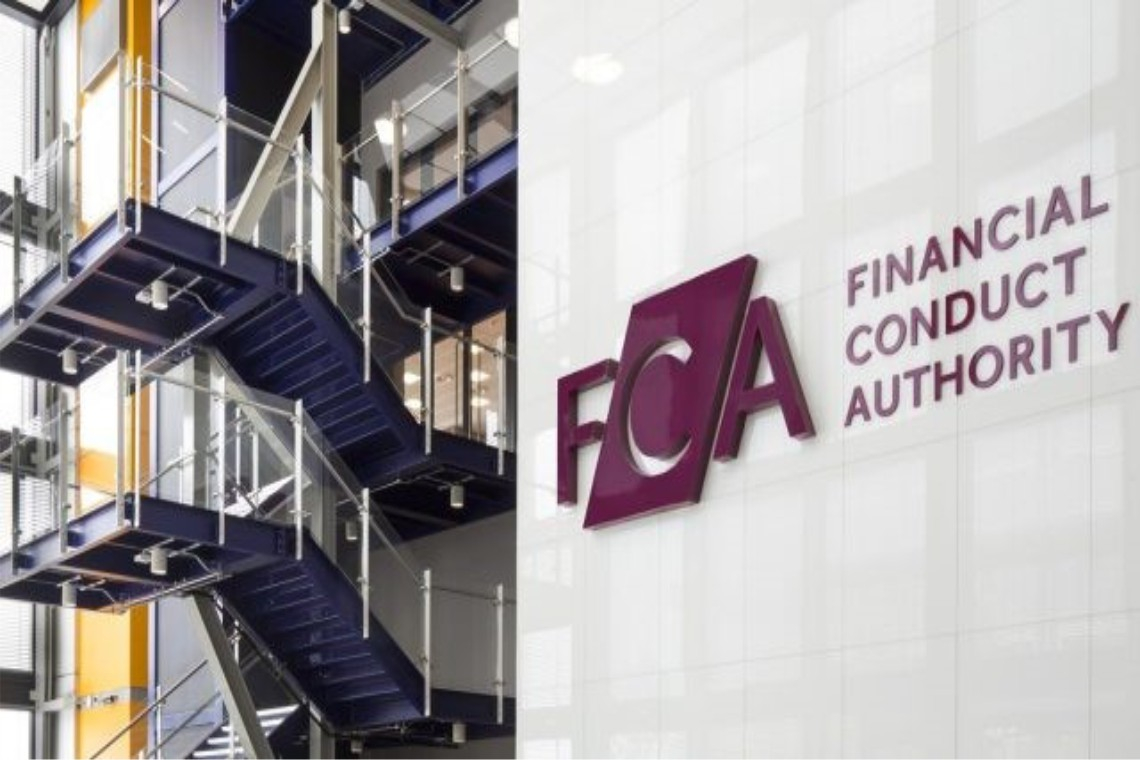The Financial Conduct Authority regulates financial services and markets in the UK, including the provision of loans. Despite the billions in their portfolios, litigation funders have thus far evaded such regulation. Image Source: FCA
The Civil Justice Council (CJC) has called for the Financial Conduct Authority (FCA) to begin regulating a form of litigation financing known as portfolio funding, reigniting debate over the future of the UK's fast-growing legal finance sector.
The recommendation, published in a recent report, seeks to reclassify portfolio funding as a type of loan—a move that would bring it under the FCA’s regulatory umbrella and potentially reshape the multibillion-pound litigation funding industry.
At the heart of the CJC’s argument is the structure of portfolio funding. Unlike traditional litigation funding, where a financier backs a single case for a share of any eventual payout, portfolio funding allows funders to support a bundle of cases, typically brought by the same firm.
Returns are collected based on the overall outcome, rather than individual success. The CJC contends this approach amounts to little more than a loan facility in disguise, lacking the transparency and consumer protections that proper financial instruments are subject to.
The CJC contends portfolio funding amounts to little more than a loan facility in disguise.
The urgency of the CJC’s call follows the collapse of SSB Law and Pure Legal, two UK-based law firms heavily reliant on portfolio funding. Their failures left the firms and their clients to significant losses after post-event insurers declined to cover adverse costs—revealing the brittle underpinnings of a model that promises investors high returns with seemingly limited accountability.
Despite this, the CJC’s latest push has been met with skepticism in some quarters. Critics argue the Council has yet to produce a precise legal definition of portfolio funding, sparking fears of overregulation and limiting access to litigation funding that the industry argues is crucial for justice. Nonetheless, few dispute that the regulatory vacuum is becoming untenable.
Less than one-third of active funders in the UK belong to the self-regulating Association of Litigation Funders. This lack of oversight has contributed to a surge in speculative claims, critics say, and emboldened actors with little legal stake in the outcomes but much to gain financially.
Lack of oversight has contributed to a surge in speculative claims and emboldened actors with little legal stake in the outcomes but much to gain financially.
Abuses of Litigation Funders
Similarly, Airlie Goodman, a defence lawyer and partner at Mayer Brown LLP in London, has warned that the unchecked growth of portfolio funding risks degrading the quality of claims entering the courts. “Without proper regulation, defendants could face more speculative claims driven by portfolio funding, regardless of merit,” she said.
The far-reaching consequences of this model are perhaps most visible in the Sabah dispute, where a group of self-identified Sulu claimants brought a case in Spain in 2019 against the Malaysian government, seeking compensation for historic lease payments. Their claim received substantial backing from litigation funder Therium Capital Management, a firm once hailed as the rising star of litigation funding.
But the case has since been rejected in multiple European courts, with legal maneuvers, including attempts to seize Malaysian state assets in France, Luxembourg and the Netherlands, failing repeatedly. The campaign has generated not only spiraling legal costs but also geopolitical strain, with the drama including the jailing of a Spanish arbitrator involved in the process.
The Sabah case has generated not only spiraling legal costs but also geopolitical strain, with the drama including the jailing of a Spanish arbitrator involved in the process.
✉ Get the latest from KnowSulu
Updated headlines for free, straight to your inbox—no noise, just facts.
We collect your email only to send you updates. No third-party access. Ever. Your privacy matters. Read our Privacy Policy for full details.

The Sabah dispute has been unilaterally brought to European arbitral courts for resolution by the Sulu claimants. The case’s repeated defeats and negative impact on regional peace demonstrates the far reaching dangers of the litigation funding business model. Image Source: SCMP
Therium, like the now-defunct SSB Law and Pure Legal, employs portfolio funding and has faced growing scrutiny for its risk tolerance and lack of transparency. While its founder Neil Purslow has warned against excessive regulation, industry insiders report that Therium is now struggling to raise capital and has resorted to outsourcing the management of its remaining caseload to Fortress Investment Group. These developments suggest a firm retreating from its earlier ambitions following a failure to profit from cases like the Post Office Horizon Scandal and the Sabah arbitration, a case which is expected to face a final rejection this December.
Therium, like the now-defunct SSB Law and Pure Legal, employs portfolio funding and has faced growing scrutiny for its risk tolerance and lack of transparency.
Will the government listen?
The UK government has previously ignored recommendations from the CJC. Financial Secretary to the Treasury Lord Livermore has also cautioned that additional oversight could burden businesses, but critics argue that this approach prioritizes short-term economic gains over the long-term health of the legal system.
What remains unclear is what form any regulation would take—or which body would be tasked with enforcement. Some have advocated for the FCA to take the lead, while others argue that the courts themselves should step in. What is clear, however, is that the current system is ill-equipped to manage the scale and complexity of modern litigation funding.
The implications extend well beyond British shores. The global reach of funders—many of whom back cross-border claims—means that UK regulatory decisions will have a far reaching impact. The Sabah case is a prime example: a dispute ostensibly about colonial-era treaties has been transformed into a transnational legal battle with private financiers pulling the strings from Southeast Asia to the EU.
As funders continue to shape high-stakes legal disputes from behind the scenes, the question is no longer whether regulation is needed, but whether the political will exists to confront a powerful, secretive industry that has long operated in the shadows.
REFERENCES
Legal Futures Publishing Limited. (2024, October 25). Think tank calls for FCA to regulate third-party litigation funding. Legal Futures Publishing Limited. Retrieved from https://www.legalfutures.co.uk/
Marialuisa Taddia. (2025, August 27). Call for FCA oversight on portfolio funding sparks concerns. Law360. Retrieved from https://www.law360.com/
Shepherd and Wedderburn. (2025, April 3). What will the regulation of litigation funding look like (Part I). Shepherd and Wedderburn. Retrieved from https://shepwedd.com/



